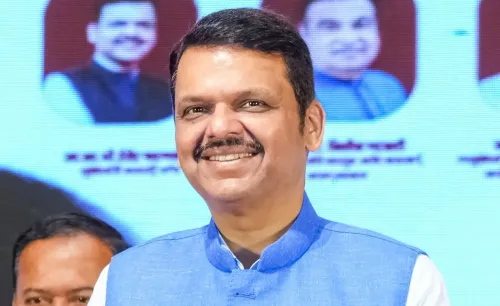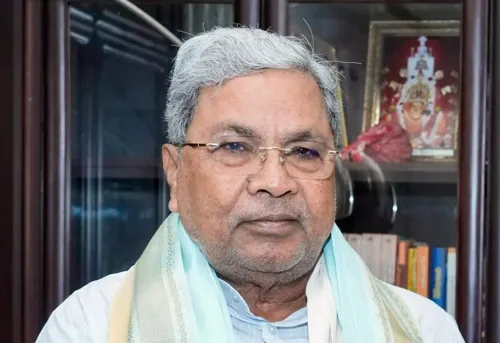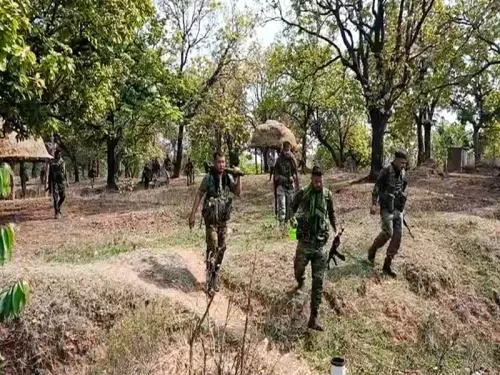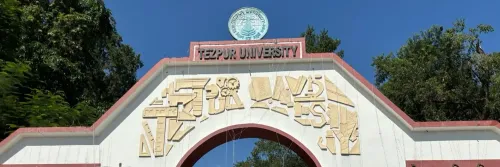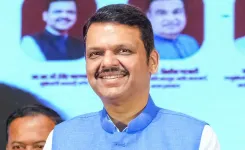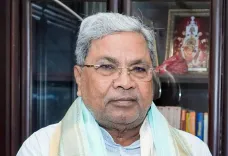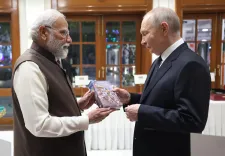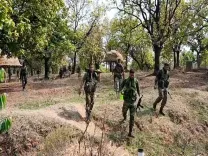Did the SC Allow the Sale of Green Crackers in Delhi-NCR for Diwali?
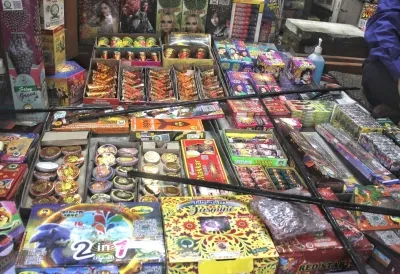
Synopsis
Key Takeaways
- Green crackers permitted for sale from October 18-21.
- Sales restricted to licensed vendors.
- Prohibition on e-commerce sales of firecrackers.
- Bursts allowed only between 6 p.m. and 10 p.m.
- Regulatory checks to ensure compliance.
New Delhi, Oct 15 (NationPress) In a significant decision, the Supreme Court granted permission on Wednesday for the sale and usage of green crackers in Delhi and the nearby NCR region from October 18 to 21.
A bench led by Chief Justice B.R. Gavai and Justice K. Vinod Chandran issued this ruling after the Delhi government submitted a request to allow the use of certified green firecrackers for celebrating Diwali in the capital.
Issuing a series of directives, the bench led by CJI Gavai mandated the establishment of patrolling teams to ensure that only green crackers with QR codes are available for sale. The time frame for bursting these crackers will be restricted to 6 p.m. to 10 p.m., as specified in the Supreme Court’s order.
No sales of firecrackers will be allowed through e-commerce platforms, per the court's ruling.
The bench also instructed that notices be issued to anyone violating these regulations.
Last week, the apex court had hinted at lifting the restrictions temporarily for the festivities, stating: "For now, we will permit the lifting of the ban during Diwali."
During the proceedings, Solicitor General Tushar Mehta provided assurances to the court regarding various safeguards, which included that sales would only take place through licensed vendors and only approved manufacturers would be allowed to sell.
Previously, on September 26, the bench led by CJI Gavai had provisionally authorized certified manufacturers of green crackers, holding permits from the National Environmental Engineering Research Institute (NEERI) and the Petroleum and Explosives Safety Organisation (PESO), to produce green crackers in Delhi-NCR. However, they were instructed not to sell any products in the areas marked as prohibited until further notice.
In April of this year, a panel of Justices Abhay S. Oka (now retired) and Ujjal Bhuyan noted that banning crackers for only 3-4 months annually is insufficient, emphasizing that no exceptions, even for green crackers, should exist.
The court recognized the persistent issue of air pollution, asserting that without evidence proving that pollution from green crackers is minimal, no relaxation could be considered.
The bench remarked that the right to health, integral to the right to life guaranteed by Article 21 of the Indian Constitution, encompasses the right to live in a pollution-free environment.
In January, the Supreme Court extended the effect of orders issued by the Uttar Pradesh and Haryana governments that imposed a comprehensive ban on firecrackers in the NCR region.
It had ruled that the ban from these states, which was valid until January 17, be maintained until further directives.
Earlier, the apex court had indicated that the ban imposed by the Delhi and Rajasthan governments would only become effective once the other states execute similar measures.
After learning that while Haryana had allowed green crackers, Rajasthan had enforced a total ban, the apex court instructed the Uttar Pradesh and Haryana governments to impose a firecracker ban consistent with the one in Delhi.
In November of last year, following Diwali, the Supreme Court criticized the lack of enforcement regarding the firecracker ban in the capital and reprimanded the Delhi government for its failure to implement it.
The court called for detailed affidavits from the Delhi government and the Police Commissioner outlining the steps taken to enforce the ban, suggesting sealing the premises of firecracker sellers and enforcing a prohibition on importing firecrackers from neighboring states.


